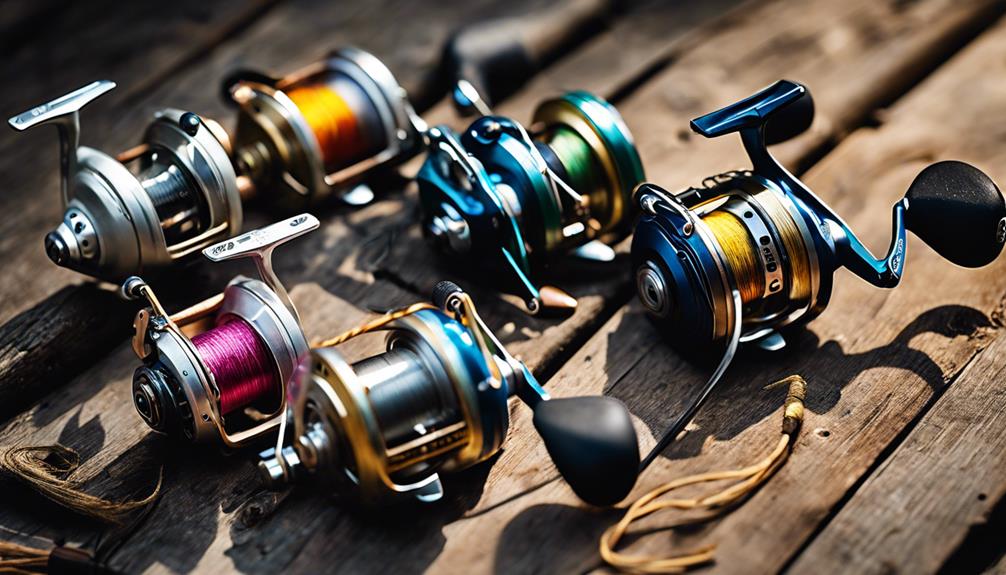Fishing is a beloved pastime for many families, providing an excellent opportunity to bond with children while enjoying the great outdoors. However, one common question that arises is, can kids fish without a license? This blog post aims to provide an in-depth look at fishing regulations for children, the benefits of introducing kids to fishing, and what parents should consider when planning a fishing trip.
Understanding Fishing License Requirements for Kids
When exploring the question, can kids fish without a license?, it’s important to first understand the fishing license requirements in your state or region. In many places across the United States, children are often exempt from needing a fishing license until they reach a certain age, which can vary from state to state. For instance, some states allow children under the age of 16 to fish without a license, while others may have different age limits. Additionally, some states offer free or reduced-cost licenses for youth. Always check your local regulations to ensure compliance before heading out on your fishing adventure.
The Benefits of Fishing for Children
Fishing is not just a recreational activity; it comes with numerous benefits for children. Engaging in fishing helps kids develop patience and focus, as they learn to wait for a catch. Moreover, fishing promotes physical activity and provides an opportunity to explore nature. Kids who fish often develop a greater appreciation for wildlife and environmental conservation. When discussing whether kids can fish without a license, it’s essential to emphasize these benefits, as they can encourage families to spend more time outdoors and foster a love for nature among young anglers.
Family Bonding Through Fishing
Family bonding is a crucial aspect of childhood development, and fishing offers an excellent platform for families to connect. Whether teaching your child how to cast a line or helping them reel in their first catch, fishing creates lasting memories. This shared experience can strengthen relationships and provide parents with a unique opportunity to impart life lessons, such as responsibility, respect for nature, and the importance of patience. When planning a fishing trip, consider that the experience can be both educational and enjoyable, reinforcing the notion that fishing can be a fun family activity, even for those who can fish without a license.
Choosing the Right Fishing Spot for Kids
Selecting a suitable fishing spot is vital, especially when considering whether kids can fish without a license. Many states have designated areas for youth fishing or family-friendly spots that are easier for beginners. Ponds, lakes, and rivers with abundant fish populations are ideal for young anglers. Additionally, some locations offer amenities such as picnic areas and restrooms, making the experience more comfortable for families. When choosing a location, consider accessibility and safety, ensuring that the spot is child-friendly and allows for easy supervision.
Essential Fishing Gear for Young Anglers
Before heading out on your fishing adventure, it’s important to equip your children with the right fishing gear. While adults may prefer advanced fishing equipment, kids typically benefit from using simpler gear. A lightweight rod and reel combo, some hooks, sinkers, and bobbers are generally sufficient for young anglers. Additionally, consider using live bait, such as worms or minnows, as they tend to attract more fish and provide a more engaging experience for kids. Teaching children how to handle fishing gear responsibly is also part of the fun, ensuring they understand the importance of safety while fishing.
Teaching Kids About Conservation
As you explore the question, can kids fish without a license?, it’s essential to incorporate lessons about conservation and responsible fishing practices. Educate your children on the importance of catch and release, adhering to local fishing regulations, and respecting wildlife habitats. Instilling these values in young anglers will help them develop a sense of responsibility towards nature and its preservation. Many states even offer educational programs or workshops on fishing and conservation, which can be a great way to enhance your child’s understanding of the environment while enjoying their time fishing.
Making Fishing Fun and Engaging for Kids
To keep children interested in fishing, it’s crucial to make the experience fun and engaging. Incorporate games, such as fishing contests or scavenger hunts, to keep their spirits high. You can also encourage them to take photographs of their catches or create a fishing scrapbook to document their experiences. If fishing proves challenging, don’t hesitate to switch to other outdoor activities, such as hiking or exploring nearby nature trails. The goal is to foster a positive attitude toward nature and outdoor activities, so flexibility and creativity can go a long way in making fishing enjoyable for kids.
Conclusion: Encouraging a Lifelong Love for Fishing
In conclusion, the question of whether kids can fish without a license is an important one for families planning fishing trips. Understanding local regulations and the benefits of fishing can help parents make informed decisions. By introducing children to fishing, you’re not only providing them with a fun activity but also teaching them valuable life skills and fostering a connection with nature. As families create engaging and educational fishing experiences, they encourage a lifelong love for fishing that can be passed down through generations. So grab your gear, check the regulations, and head out to create lasting memories with your young anglers!
